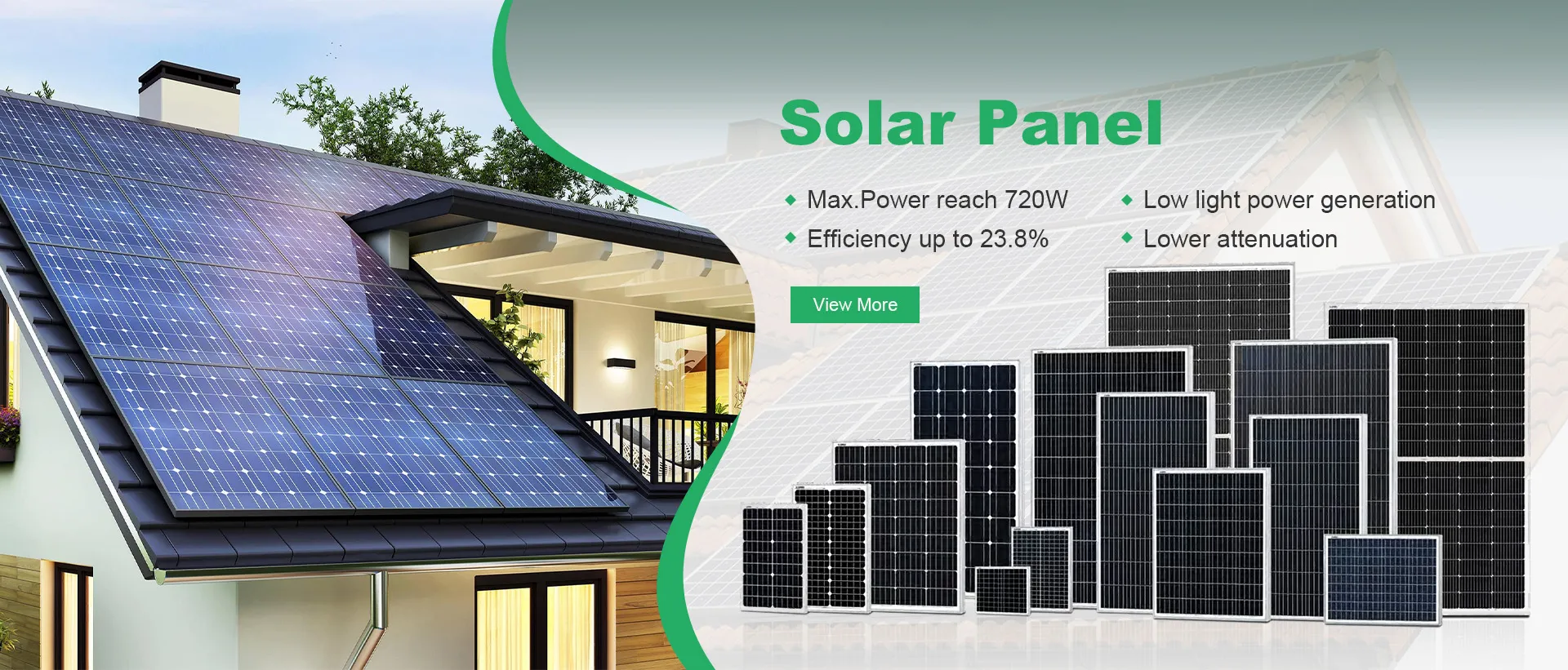Exploring the Benefits of Commercial Solar Energy Solutions for Businesses
The Rise of Commercial Solar Power A Sustainable Future
As the world grapples with the effects of climate change, the shift towards renewable energy sources has become not just a necessity but an imperative. Among these, solar power has emerged as a leading contender, particularly in the commercial sector. The adoption of solar energy by businesses is transforming the energy landscape, providing companies with an opportunity to reduce their carbon footprints while simultaneously reaping economic benefits.
Commercial solar power refers to the application of solar energy systems in business operations, ranging from small enterprises to large corporations. The growing trend towards solar power in the commercial sector can be attributed to several factors, including declining installation costs, government incentives, and the increasing awareness of sustainability.
One of the most significant motivators driving the shift towards solar energy is the sharp decrease in solar panel prices over the past decade. According to recent studies, the cost of solar photovoltaic (PV) systems has dropped by over 80% since 2010. This affordability makes it feasible for businesses of all sizes to adopt solar solutions. Furthermore, the implementation of innovative financing options, such as Power Purchase Agreements (PPAs) and solar leases, allows companies to go solar without the burden of significant upfront capital investment.
Government policies play a crucial role in promoting commercial solar adoption. Tax credits, rebates, and renewable energy certificates have been instrumental in encouraging businesses to invest in solar power. In the United States, the Federal Investment Tax Credit (ITC) allows companies to deduct a significant percentage of their solar installation costs from their federal taxes. These incentives have proven essential in elevating solar energy’s competitiveness against traditional fossil fuels.
Additionally, the positive public perception of companies that prioritize sustainability cannot be understated. Consumers are increasingly supporting businesses that demonstrate environmental responsibility. By adopting solar energy, commercial entities enhance their reputations, attract eco-conscious customers, and potentially increase their market share. Moreover, businesses can utilize their commitments to renewable energy in marketing strategies, setting themselves apart in a crowded marketplace.
commercial solar power

The financial benefits of commercial solar power are extensive. With solar energy systems, businesses can significantly reduce their utility bills, as they generate their electricity and rely less on grid power. This not only leads to immediate cost savings but also hedges against rising energy prices, providing a level of financial predictability in an uncertain economic climate. Additionally, excess energy generated can often be sold back to the grid, creating an additional revenue stream for businesses.
Another compelling argument for investing in solar power is its impact on energy independence. For many companies, relying on local utility companies can be a vulnerability, particularly in regions prone to energy shortages or price hikes. By generating their electricity, businesses can mitigate these risks, ensuring a more stable and secure energy supply.
Commercial solar installations also contribute to job creation and economic growth. The solar industry is one of the fastest-growing sectors in the renewable energy domain. As companies invest in solar technology, they create jobs not only in installation and maintenance but throughout the supply chain. This growth helps stimulate local economies and contributes to a more sustainable workforce.
However, the transition to commercial solar power is not without challenges
. The initial complexities of installation, compatibility with existing infrastructure, and the need for ongoing maintenance can be daunting for some businesses. Moreover, not all regions receive equal sunlight, which can affect the viability of solar installations. Nevertheless, with advances in technology and increased support from energy service providers, these challenges are becoming more manageable.As we look to the future, the role of commercial solar power in the global energy transition cannot be overstated. With continued technological advancements and a commitment to sustainability, businesses have the opportunity not only to lower their operational costs but also to make a meaningful impact on the environment. The shift to solar energy is more than a trend; it is a fundamental change in how companies approach their energy consumption, aligning profitability with environmental stewardship.
In conclusion, commercial solar power represents a transformative shift towards a sustainable energy future. By harnessing the sun’s infinite energy, businesses can not only achieve their financial goals but also play a vital role in combating climate change. As more companies embrace this renewable source, we move closer to a world powered by sustainable practices, ensuring a healthier planet for generations to come.
-
String Solar Inverter: The High-Efficiency Solution for Smart Solar EnergyNewsJul.14,2025
-
Revolutionizing Rooftop Energy with the Power of the Micro Solar InverterNewsJul.14,2025
-
Power Independence with Smart Off Grid Solar Inverter SolutionsNewsJul.14,2025
-
On Grid Solar Inverter: Powering the Future with Smart Grid IntegrationNewsJul.14,2025
-
Monocrystalline Solar Panels: High-Efficiency Power for the Future of Clean EnergyNewsJul.14,2025
-
Bifacial Solar Panel: A Smarter Investment for Next-Generation Energy SystemsNewsJul.14,2025







